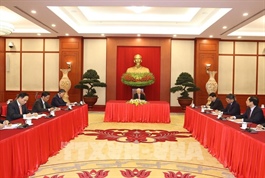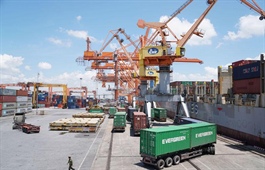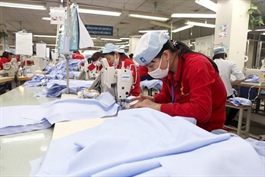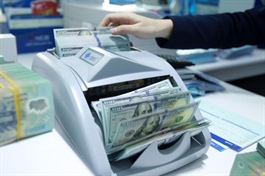Vietnamese business makes increasingly effective use of EVFTA
Vietnamese business makes increasingly effective use of EVFTA
Trade turnover between Vietnam and the European Union has increased rapidly since implementation of their landmark EU-Vietnam Free Trade Agreement (EVFTA) nearly two years ago.
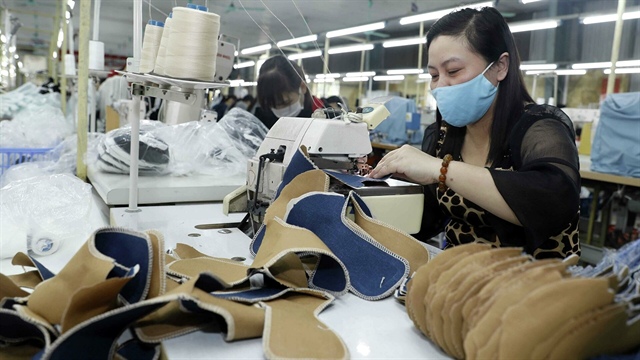
Vietnamese companies have made good use of incentives provided by the EVFTA |
Increased trade turnover
At a meeting between representatives of Vietnam’s National Assembly (NA) and the European Parliament (EP) on EVFTA implementation, NA Foreign Affairs Committee Chair Vu Hai Ha said that since the trade deal took effect on August 1, 2020, bilateral trade has developed rapidly, reaching US$57 billion in 2021. Between January 2020 and December 2021, EU imports from Vietnam increased by 34.4 percent.
Nguyen Thi Thu Trang, director of the Vietnam Chamber of Commerce and Industry’s (VCCI) WTO and International Trade Center, said that in the last five months of 2020, the preference utilization rate of Vietnam’s exports under the EVFTA reached more than 15 percent. This figure increased to 22.5 percent in the first seven months of 2021.
Vietnam’s leather and footwear sector and seafood have made the most effective use of the free trade agreement with rates of over 70 percent, while bags and suitcases, plastics and plastic products, confectionery and cereal products, and vegetables have reached preference utilization rates ranging from 50 percent to 70 percent.
In addition to working closely on effectively implementing the trade deal, the EU and Vietnam have resolved some differences through dialogue mechanisms and periodic meetings.
To make better use of the deal, the Vietnamese government has issued new decrees, resolutions and circulars related to tariffs, agriculture, origin of goods and trade remedies. In addition, the amended Law on Intellectual Property submitted to the National Assembly for consideration and approval also includes several contents related to the trade deal to ensure stricter compliance with Vietnam’s commitments.
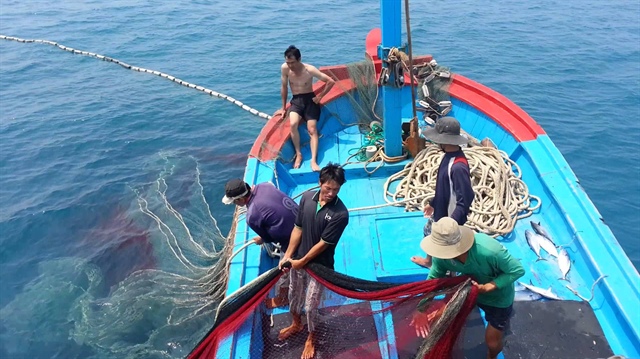
Vietnam is seeking to convince the EU to lift the yellow card it issued for illegal fishing |
Overcoming limitations
The COVID-19 pandemic has made competition fiercer among countries in the region and the world, affecting Vietnam’s exports to the EU. Trang suggested that businesses seek ways to overcome limitations in competitiveness, adding that the challenge for Vietnamese businesses is to comply with EU standards. Trang warned that if businesses fail to enhance their response to market fluctuations and improve their competitiveness, Vietnam’s exports to the region will face many difficulties despite the EVFTA benefits.
Vu Hai Ha suggested that the EP and the EU provide technical support and resources for Vietnam in order to help businesses meet the requirements of technical barriers to trade (TBT) and sanitary and phytosanitary measures.
He also suggested that the EU consider removing the yellow card it had issued for illegal, unreported and unregulated (IUU) fishing, while piloting self-certification of origin for Vietnamese exporters.








